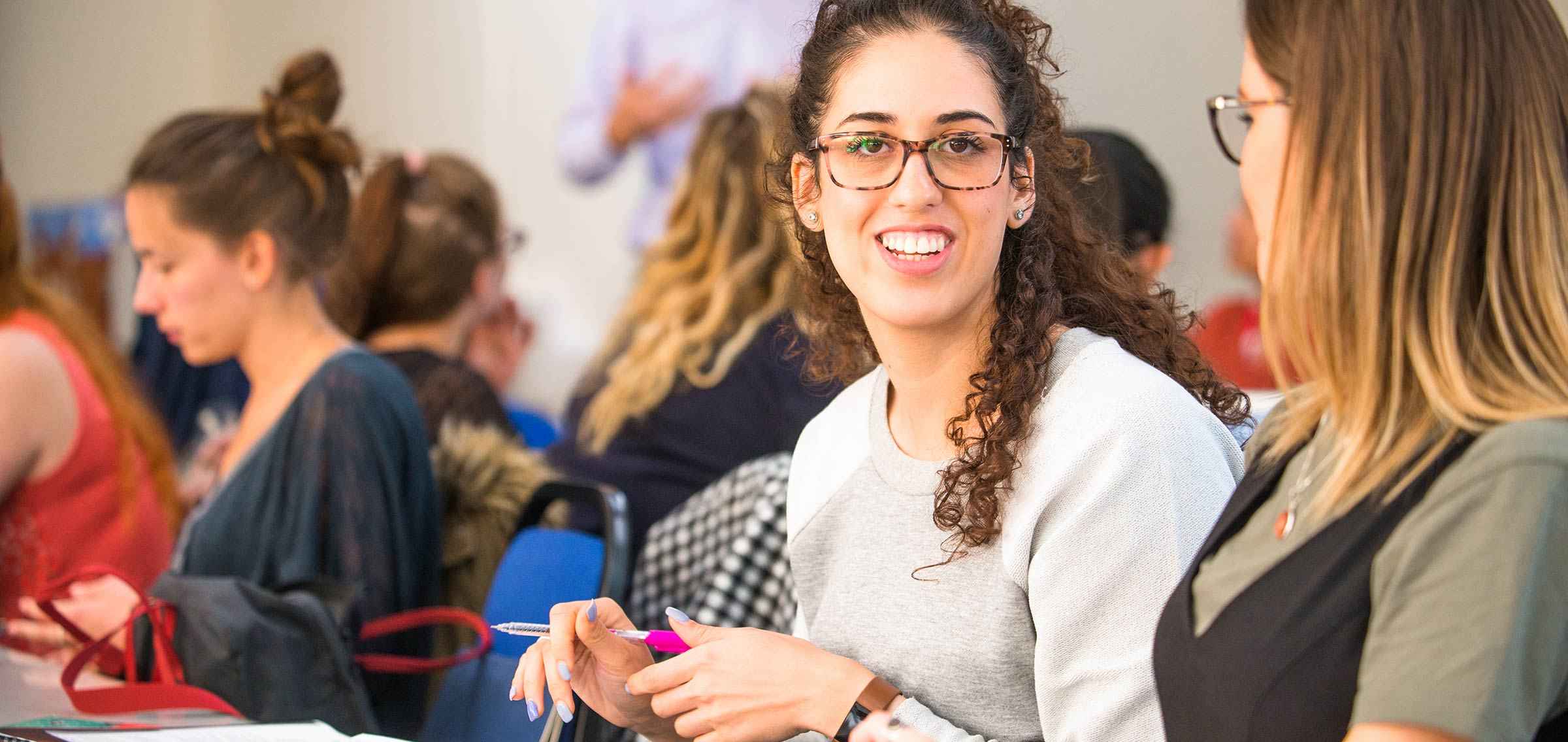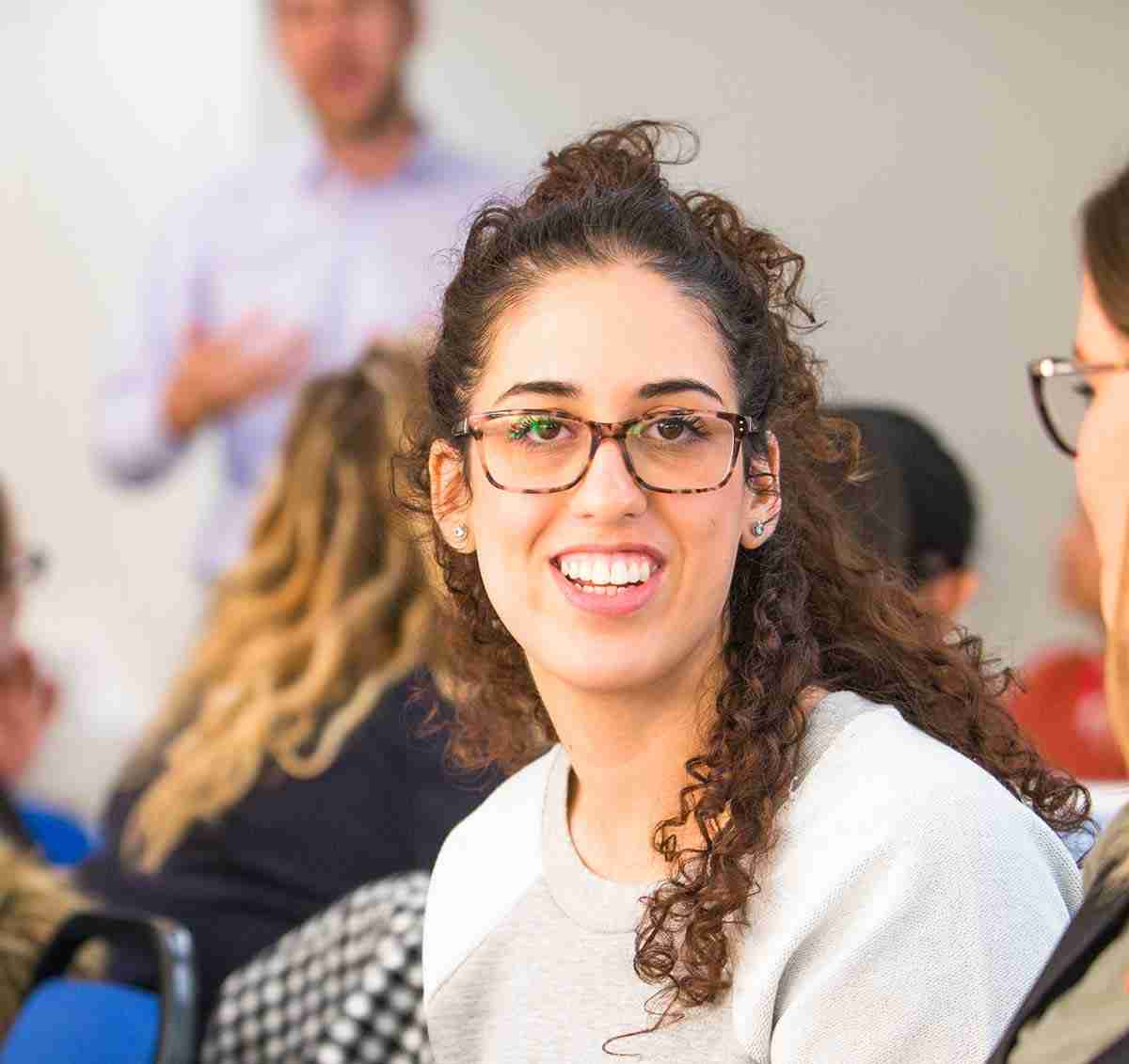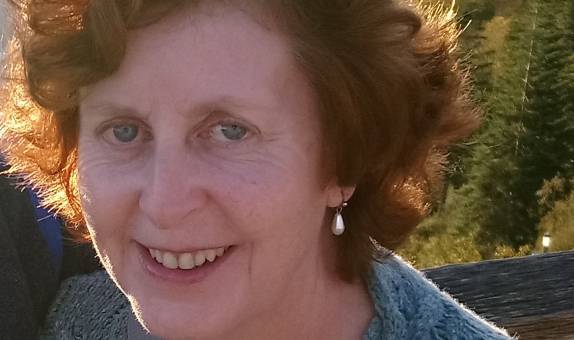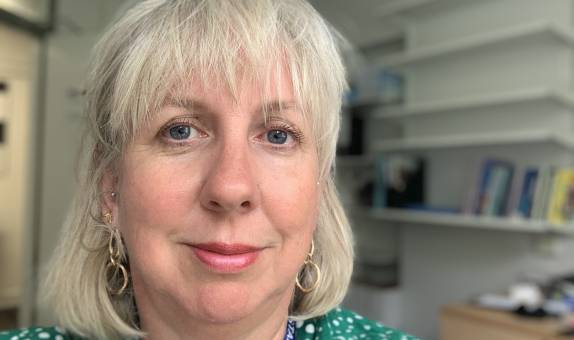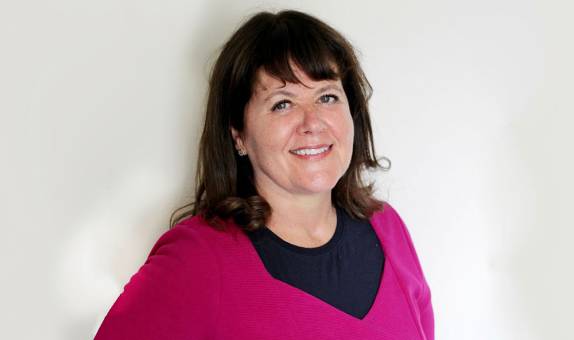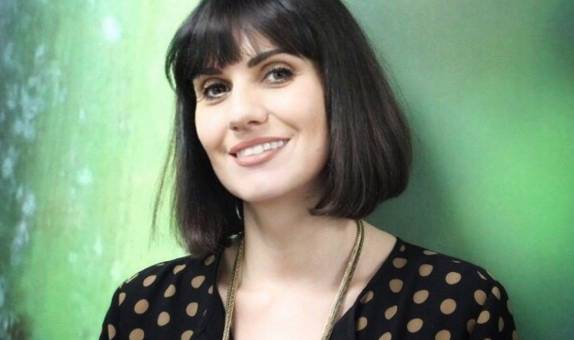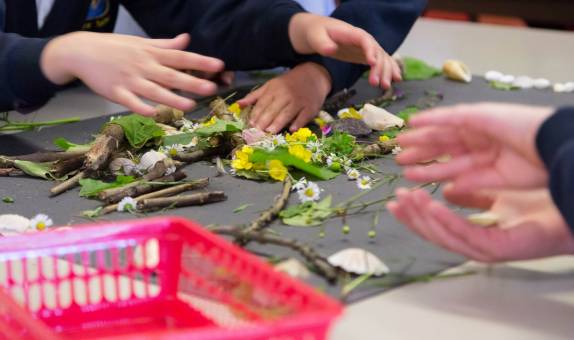Special Educational Needs & Inclusive Practice BA (Hons) top-up

Teaching Excellence Framework (TEF) Gold award
Our commitment to high quality teaching has been recognised with a TEF Gold rating. The University has received an overall rating of Gold, as well as securing a Gold award in the framework's two new student experience and student outcomes categories.
Why choose this course?
Build on your level 4 and level 5 qualifications and experience in the field of SEND by gaining a BA (Hons) in Special Educational Needs & Inclusive Practice (SENIP) through this one-year top-up course.
You'll earn while you learn, combining academic study with work-based learning. You will develop your critical thinking and understanding whilst exploring theory and practical subjects through a variety of learning experiences.
You'll study areas such as removing barriers to participation, enabling inclusion within settings and in the community, effective transition between places, people and phases of education, and research and theories of learning. You'll have the opportunity to engage in collaborative working, sharing experiences with peers.
The course covers a range of topics including transitions, enabling environments, critical issues in the field of SENIP and researching and developing an area of interest.
| Attendance | UCAS code | Year of entry |
|---|---|---|
| 1 year full time (employment based) | X361 | 2024 (Clearing) 2025 |
External applicants: please note that places for external applicants are limited on this course. If you studied your Foundation Degree at a college that is not within the Kingston University partnership, please apply early to avoid disappointment.
Please note: Teaching on this course may take place on more than one KU campus.
| Main Location | Kingston Hill |
Reasons to choose Kingston University
- If you have a relevant foundation degree (or equivalent), you will gain a BA (Hons) in Special Educational Needs and Inclusive Practice in this one-year top-up course.
- You'll be able to combine your studies with work-based learning to gain a qualification valued by employers.
- You'll have the opportunity to create change or develop practice in the workplace through your SEND research dissertation.
- 96.1% of students thought staff supported their learning (NSS 2023).
- 98% of students thought the library resources supported their learning (NSS 2023).
What you will study
You will study key areas such as removing barriers to participation, enabling inclusion within settings and the community, effective and smooth transition between places, people and phases of education, research and theories of learning, development and assessment, regulation and legislation around good practice in the curriculum, pedagogy and the learning environment, ethics in inter-professional relationships and collaborative working, critical and reflective approaches to managing challenges and leading informed change in the field.
Modules
You will learn about critical issues that affect children and young people (0 - 25 years) with special educational needs and disabilities, supporting them through life transitions and creating enabling environments. You will also choose an area of special interest to research.
Core modules
Transitions
30 credits
This module will introduce you to the complexities involved in removing barriers to effective transition to and between educational phases. It will explore:
- theory and government initiatives that may impact on transition policy and procedures in the work place
- strategies for effective transition
- the role of parental support in times of change
Enabling Environments
30 credits
In this module you explore effective and inclusive learning environments, both indoors and outdoors.
It covers regulatory guidelines and risk assessment to ensure access to learning opportunities and the safety of all children and young people. You will carry out an audit of your workplace setting, evaluating good practice and making recommendations for change.
Critical Issues in the Context of Inclusive Education
30 credits
This module introduces students to theory related to ethics and dilemmas facing professionals who work in a range of roles in the context of special and inclusive education. Students are encouraged to reflect upon their knowledge and experience of effective practices and to identify an area for development.
Dissertation in an aspect of Professional Practice
30 credits
This module introduces students to a range of methodologies, which will enable them to design and implement a small-scale enquiry, which is relevant to their interest, role and work place. Students will gain an understanding of the philosophies and practices of systematic enquiry in Early Years-related fields and its application within their professional and pedagogical contexts.
Future Skills
Knowledge to give you the edge
Embedded within every course curriculum and throughout the whole Kingston experience, Future Skills will play a role in shaping you to become a future-proof graduate, providing you with the skills most valued by employers such as problem-solving, digital competency, and adaptability.
As you progress through your degree, you'll learn to navigate, explore and apply these graduate skills, learning to demonstrate and articulate to employers how future skills give you the edge.
At Kingston University, we're not just keeping up with change, we're creating it.

Entry requirements
If you would like to join us through Clearing 2024, please call our Clearing line on 0800 0483 334 (or +44 020 8328 1149 if you are calling from outside the UK) and speak to our friendly and knowledgeable hotliners who will be able to provide information on available courses and will guide you through your options.
Please note the entry requirements listed below are for 2025 entry only.
Teaching and assessment
Scheduled learning and teaching on this course includes timetabled activities including lectures, seminars and small group tutorials.
It may also include placements, project work, practical sessions, workshops, conferences and field trips.
Who teaches this course?
This course is a work-based learning degree with part-time study at Kingston University.
Our lecturers all have experience teaching in their specialist fields and remain actively connected to over 200 partner colleges and schools in the central and Greater London region.
Course fees and funding
Additional costs
Depending on the programme of study, there may be extra costs that are not covered by tuition fees which students will need to consider when planning their studies. Tuition fees cover the cost of your teaching, assessment and operating University facilities such as the library, access to shared IT equipment and other support services. Accommodation and living costs are not included in our fees.
Where a course has additional expenses, we make every effort to highlight them. These may include optional field trips, materials (e.g. art, design, engineering), security checks such as DBS, uniforms, specialist clothing or professional memberships.
Facilities
The Kingston Hill campus features an outdoor learning environment where trainee teachers lead curriculum-linked natural sciences activities with children. It includes a specially built 'cubby house', outdoor pond, beehive and nature trail. It offers early years students the opportunity to simulate teaching and learning with natural materials.
There are a number of teaching rooms set up to replicate actual classrooms. Each classroom is subject based – such as an art room, science lab – and is equipped with all the relevant facilities you will need to practise your lessons before taking them into school.
Our library (the Nightingale Centre) has an excellent range of teaching resources to help you plan and teach your lessons, such as a range of children's topic books, music and nursery rhymes on CD, as well as artefacts and kits that can be used to illustrate historical periods, different religions, science, mathematics and music.
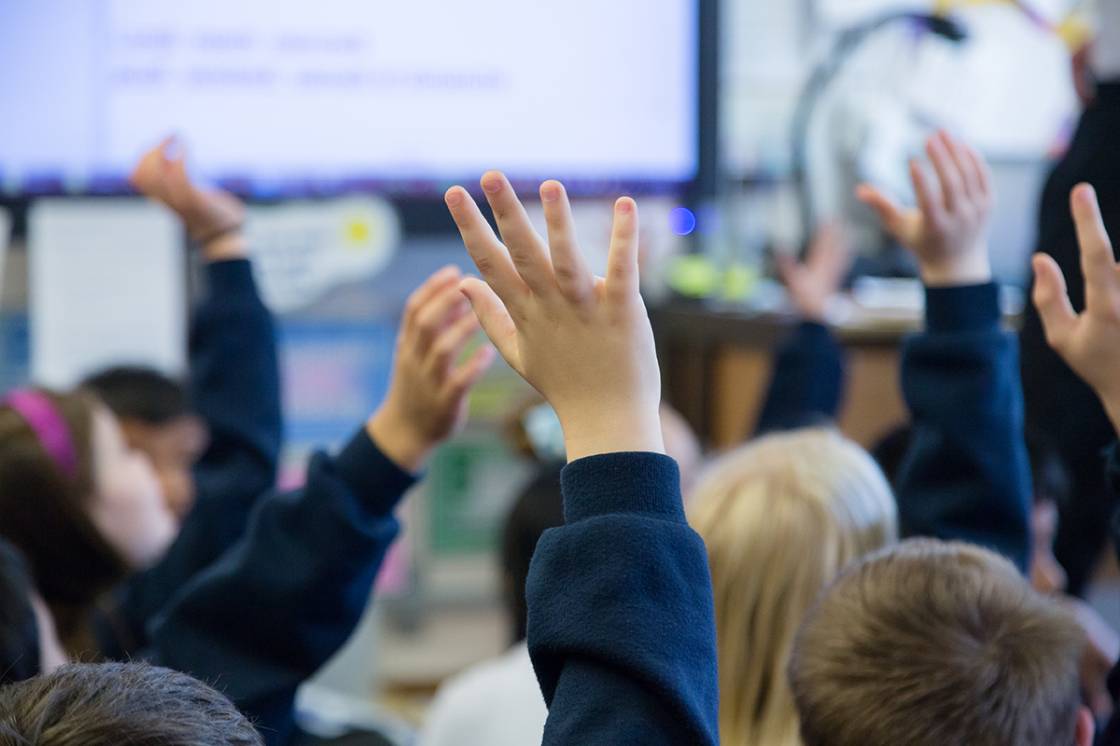
After you graduate
This course provides postgraduate and professional development opportunities. These include the Postgraduate Certificate in Education (PGCE), leading to Qualified Teacher Status (QTS), and Master of Research (Education) studies and PgDip NASENCO.
What our students say
Course changes and regulations
The information on this page reflects the currently intended course structure and module details. To improve your student experience and the quality of your degree, we may review and change the material information of this course. Course changes explained.
Programme Specifications for the course are published ahead of each academic year.
Regulations governing this course can be found on our website.
